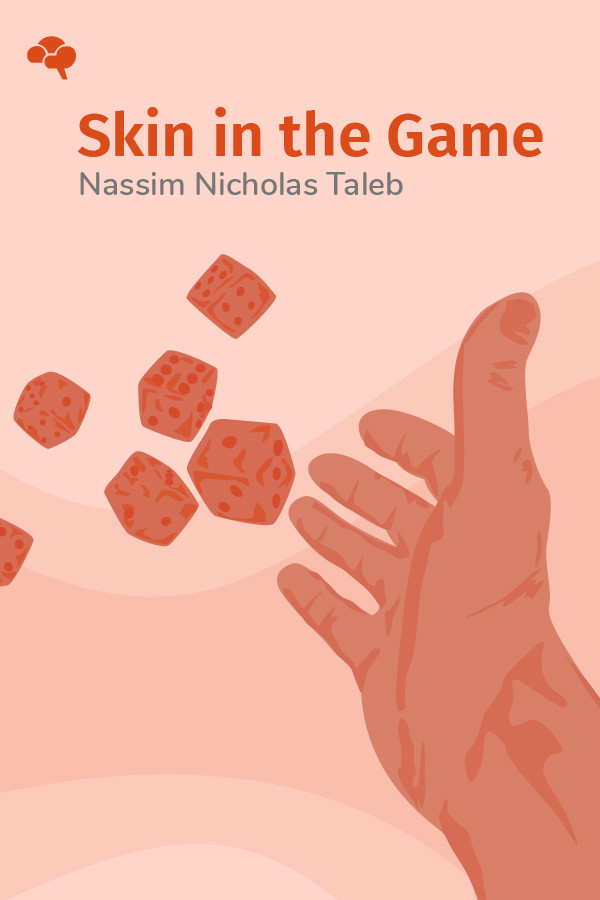Nassim Nicholas Taleb
Nassim Nicholas Taleb (alternatively Nessim or Nissim; born 1960) is a Lebanese-American (of Antiochian Greek descent) essayist, scholar, statistician, and former option trader and risk analyst, whose work concerns problems of randomness, probability, and uncertainty. His 2007 book The Black Swan has been described by The Sunday Times as one of the twelve most influential books since World War II.
Taleb is the author of the Incerto, a five volume philosophical essay on uncertainty published between 2001 and 2018 (of which the most known books are The Black Swan and Antifragile). He has been a professor at several universities, serving as a Distinguished Professor of Risk Engineering at the New York University Tandon School of Engineering since September 2008. He has been co-editor-in-chief of the academic journal Risk and Decision Analysis since September 2014. He has also been a practitioner of mathematical finance, a hedge fund manager, and a derivatives trader, and is currently listed as a scientific adviser at Universa Investments.
He criticized the risk management methods used by the finance industry and warned about financial crises, subsequently profiting from the late-2000s financial crisis. He advocates what he calls a "black swan robust" society, meaning a society that can withstand difficult-to-predict events. He proposes antifragility in systems, that is, an ability to benefit and grow from a certain class of random events, errors, and volatility as well as "convex tinkering" as a method of scientific discovery, by which he means that decentralized experimentation outperforms directed research.
Skin in the Game: Hidden Asymmetries in Daily Life
There’s a growing gap in the modern world between ideas and the concrete realities those ideas represent. The impact on flesh-and-blood human beings has been severe. We’re much better at talking about things than truly understanding them. If we’re unwilling to have skin in the game—to risk and sacrifice, to do instead of just talk—life becomes a shadow of what it should be. It also becomes dangerous. Reality has a way of catching up with every person and system that doesn’t have skin in the game.
The Black Swan: The Impact of the Highly Improbable
Our brains and cultures are trained to look for patterns and explain away mysteries, but what do we do when what we predict matters less and less and the unpredictable matters more and more? Taleb tells us what’s really driving human history and why societies and individuals set themselves up for failure until they respect the unexpected.
Bio information sourced from Wikipedia


